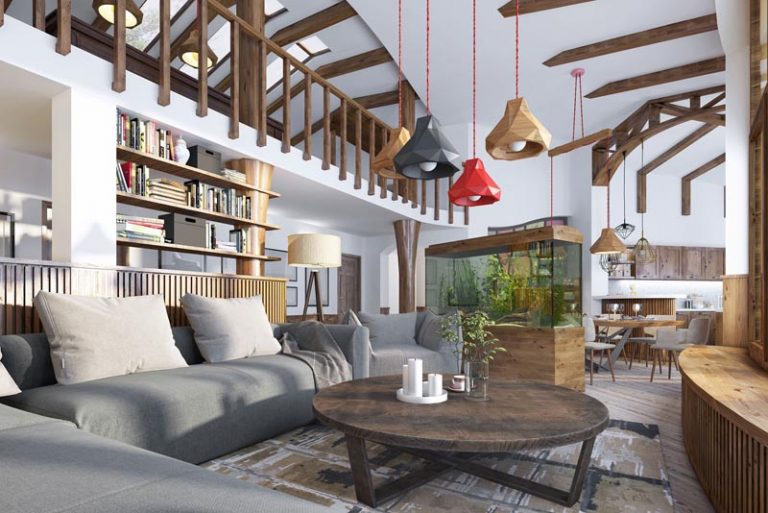
In the quest for longevity and vitality, certain regions around the globe have piqued the interest of researchers and health enthusiasts alike. These regions, known as “Blue Zones,” are remarkable for having some of the healthiest and longest-living populations on Earth. The concept of Blue Zones was popularized by Dan Buettner, who identified five distinct areas where people live exceptionally long lives, often surpassing the global life expectancy of 71.4 years.
What makes the Blue Zones exceptional? Studies suggest that several factors contribute to the health and longevity of their inhabitants. These include a primarily plant-based diet, regular physical activity, moderate alcohol consumption, strong social connections, and a sense of purpose. Interestingly, genetics account for only 20-30% of longevity, implying that lifestyle choices play a significant role.
The first of these zones is Sardinia, Italy, where a combination of a plant-based diet, regular physical activity, and strong family ties contribute to the high concentration of male centenarians. Interestingly, a genetic marker linked to longevity, known as the M26, is prevalent among this secluded community.
Register for Tekedia Mini-MBA edition 19 (Feb 9 – May 2, 2026): big discounts for early bird.
Tekedia AI in Business Masterclass opens registrations.
Join Tekedia Capital Syndicate and co-invest in great global startups.
Register for Tekedia AI Lab: From Technical Design to Deployment (next edition begins Jan 24 2026).
Next is Okinawa, Japan, where the longest-living women in the world can be found. The Okinawans attribute their longevity to a supportive social network called “moai,” a healthy diet, and a stress-minimizing lifestyle.
In Nicoya, Costa Rica, residents enjoy a diet rich in beans, squash, corn, and tropical fruits. They also benefit from a strong sense of purpose, known as “plan de vida,” which contributes to their mental and spiritual well-being, allowing many to live past 90.
Loma Linda, California, stands out as the only Blue Zone in the United States. Here, the Seventh-day Adventist community thrives with a set of healthful principles, including a day of rest each week, a plant-based diet, and a close-knit community, leading to a life expectancy that is 10 years longer than the average American’s.
Lastly, Ikaria, Greece, boasts a population where 1 in 3 people live into their 90s, often free of dementia and chronic diseases. A strong community bond, adherence to the Mediterranean diet, and a balanced approach to daily living contribute to their remarkable health.
Adopting the practices of the Blue Zones could potentially transform public health. By integrating their principles, such as prioritizing family, fostering community, and natural movement, societies can create environments that encourage healthier living and increased lifespan. The Blue Zones stand as a testament to the possibility of a longer, healthier life through mindful living and community support.
These Blue Zones offer valuable insights into the factors that contribute to a long and healthy life. While genetics play a role, lifestyle choices such as diet, exercise, community involvement, and stress management appear to be significant contributors to the extraordinary longevity observed in these regions. By studying these communities, we can learn how to incorporate their healthful practices into our own lives, potentially improving our health and longevity.
The Blue Zones offer more than just a peek into the lives of the world’s oldest populations; they provide a blueprint for living well. By learning from these zones, we can apply their lessons to improve our health and potentially extend our lifespan, proving that our daily choices and environment profoundly impact our health outcomes.



